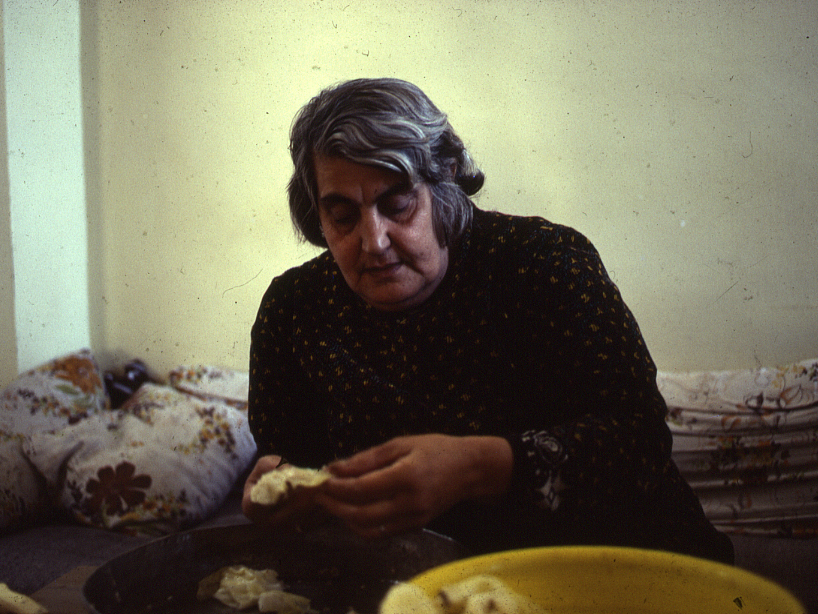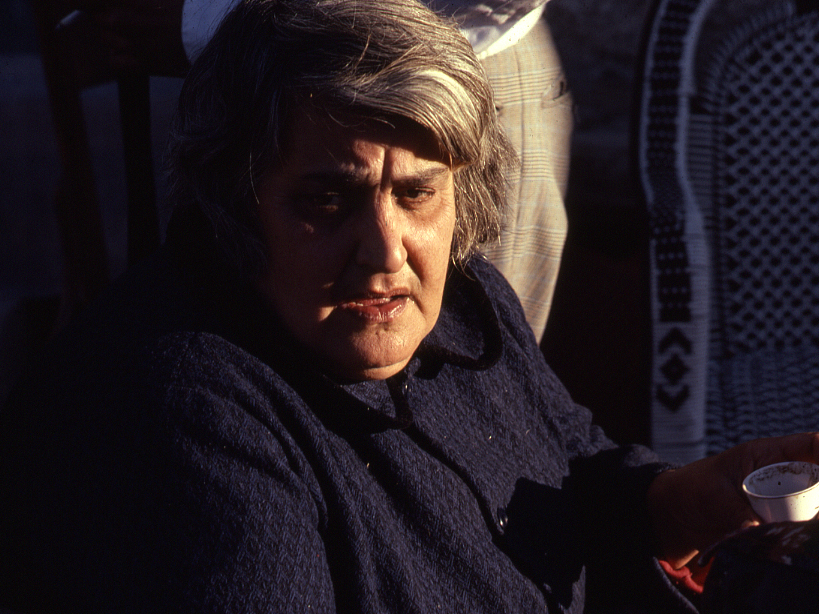Edward W. Said
Edward W. Said (1935–2003) was a Palestinian-American literary scholar best known for his postcolonial critique and for his landmark book Orientalism (1978), which explores the history and nature of Western representations of the East. He argued that “orientalism” is a powerful ideological construction rooted in colonial power dynamics, expressed across literature, art, and academia. He also published The Question of Palestine (1979), Culture and Imperialism (1993), and numerous other works reflecting on imperialism, colonialism, and the Palestinian struggle under occupation. In his later years, he reflected on artistic creation in times of crisis and decline, a theme central to his posthumously published On Late Style (2006). Beyond his academic work, Said was a public intellectual, a classically trained pianist, and a tireless advocate for Palestinian rights.



